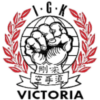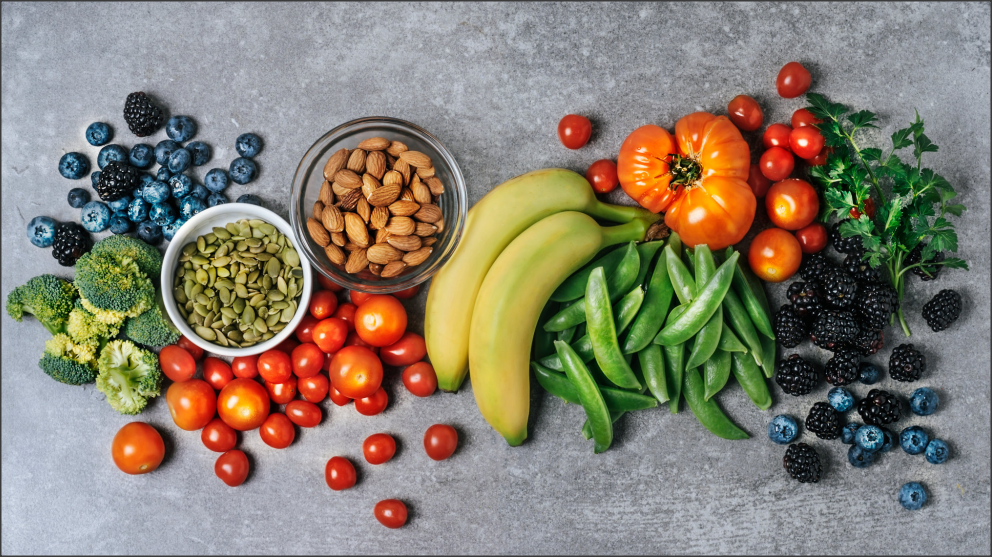Nutrition is the study of nutrients in food, how the body uses them, and the relationship between diet, health, and disease. Proteins, carbohydrates, fat, vitamins, minerals, fibre, and water are all nutrients.
Nutrition is about eating a healthy and balanced diet. Food and drink provide the energy and nutrients you need to be healthy. Understanding these nutritional terms may make it easier for you to make better food choices.
There are more than 40 different kinds of nutrients in food and they can generally be classified into the following 7 major groups:
- Carbohydrates.
- Proteins.
- Fats.
- Vitamins.
- Minerals.
- Dietary fibre.
- Water.
Why it’s important
Most people know good nutrition and physical activity can help maintain a healthy weight. But the benefits of good nutrition go beyond just your weight. Good nutrition can help to reduce the risk of some diseases, including heart disease, diabetes, stroke, some cancers and osteoporosis.
Nutrients can be divided into two categories: macronutrients, and micronutrients. Macronutrients are those nutrients that the body needs in large amounts. These provide the body with energy (calories). Micronutrients are those nutrients that the body needs in smaller amounts.
How Does Poor Nutrition Affect Us?
- being overweight or obese.
- tooth decay.
- high blood pressure.
- high cholesterol.
- heart disease and stroke.
- type-2 diabetes.
- osteoporosis.
- some cancers.
What are the 4 types of nutrition?
Nutrients can be grouped as either a macronutrient (carbohydrates, dietary fibre, fats, proteins, and water needed in gram quantities) or micronutrient (vitamins and minerals needed in milligram or microgram quantities).
The 5 food groups
The five food groups are Fruits, Vegetables, Grains, Protein Foods, and Dairy. It is highly important to have an overall healthy eating pattern with all five groups as key building blocks, plus oils.
What are macronutrients?
Carbohydrates, fat and protein are called macronutrients. They are the nutrients you use in the largest amounts. “Macronutrients are the nutritive components of food that the body needs for energy and to maintain the body’s structure and systems,”
What are micronutrients?
Micronutrients are vitamins and minerals needed by the body in very small amounts. However, their impact on the body’s health is critical, and deficiency in any of them can cause severe and even life-threatening conditions. A lack of iron, folate and vitamins B12 and A can lead to anaemia.
So in summary a balanced meal plan will sustain a healthy person and give you more energy to train and recover. Of course, you’ll have fewer health problems and enjoy a more flattened you!
I have observed over the past two years the number of pizzas consumed after training! This is not appropriate, as your muscle tissues need to repair and all the bad fats and processed foods will damage your body and slow down the process of healing your muscle tissues.
Therefore, before training, you should have had a well-balanced meal (at least one hour before if possible) and after training, a protein drink or a high protein/low carb meal at least one and a half hours before bed!
The aim is to not eat any meals for 4 hours before retiring to bed. Plan your meals ahead, as the body needs the fuel to get you through the day. The right strategy and course will yield results. If anyone requires help with their eating plan, I am more than willing to guide you in the right direction.
John Ross Shihan



